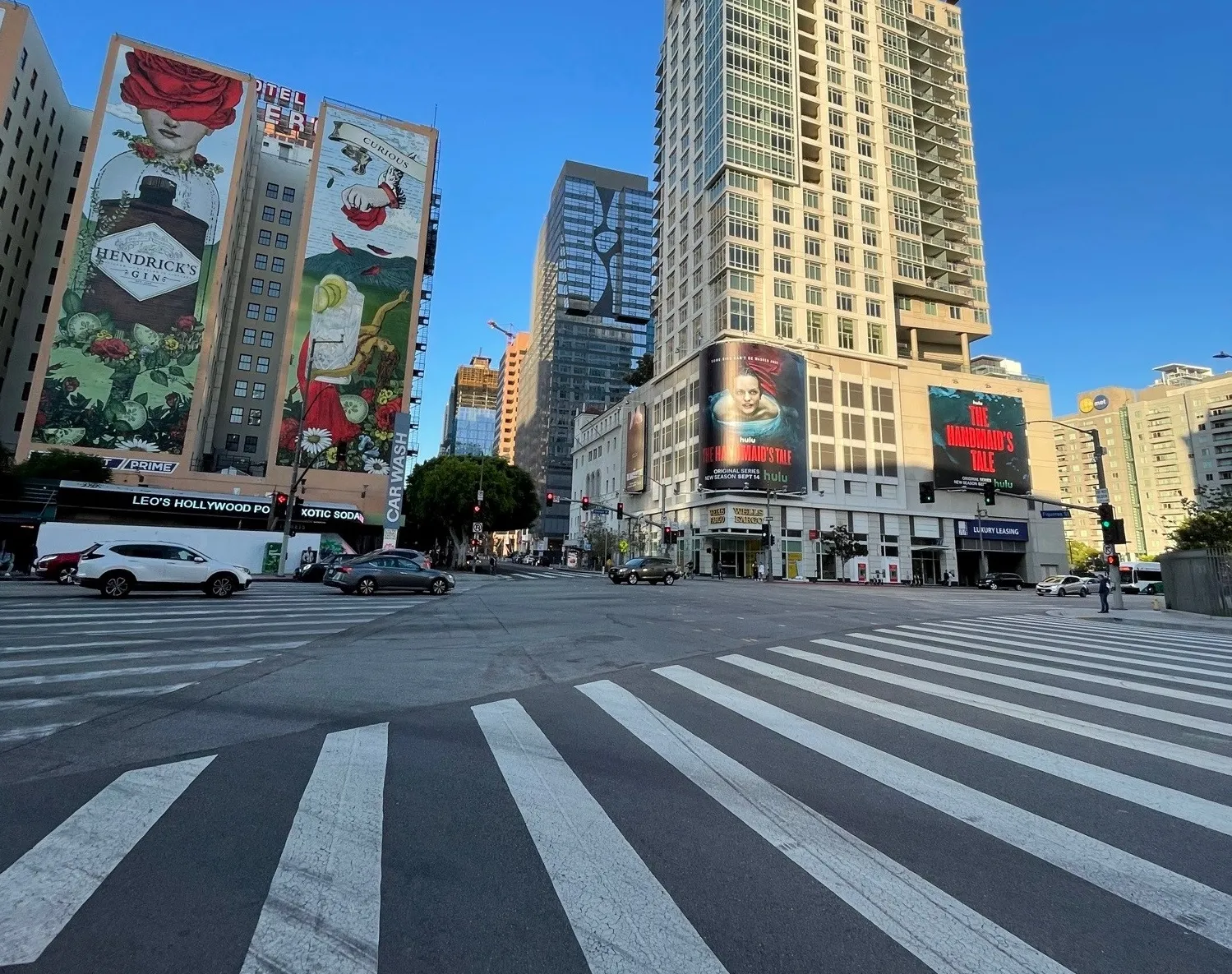
Jaywalking - the act of crossing the road when not at a marked crosswalk or signalised intersection - is to be decriminalised in California, as long as pedestrians are adjudged to have done it safely.
From 1 January, pedestrians in the US state will be able to cross the street wherever they like.
The Freedom To Walk Act from California Assembly member Phil Ting (D-San Francisco) defines when an officer can stop and cite a pedestrian for jaywalking: they will only be able to do so "when a reasonably careful person would realise there is an immediate danger of a collision".
Opponents of jaywalking laws have long argued that they are used by law enforcement authorities as a pretext to harass individuals, particularly those from low-income communities or from ethnic minorities.
“It should not be a criminal offence to safely cross the street," said Ting. "When expensive tickets and unnecessary confrontations with police impact only certain communities, it’s time to reconsider how we use our law enforcement resources and whether our jaywalking laws really do protect pedestrians."
“Plus, we should be encouraging people to get out of their cars and walk for health and environmental reasons.”
Peter Norton, in his book Autonorama, makes the point that legislation to outlaw 'jaywalking' - in itself a derogatory term, since 'jay' means 'country bumpkin' - was encouraged by the nascent US auto industry in the early 20th century to switch blame for road deaths from car drivers to vulnerable road users.







